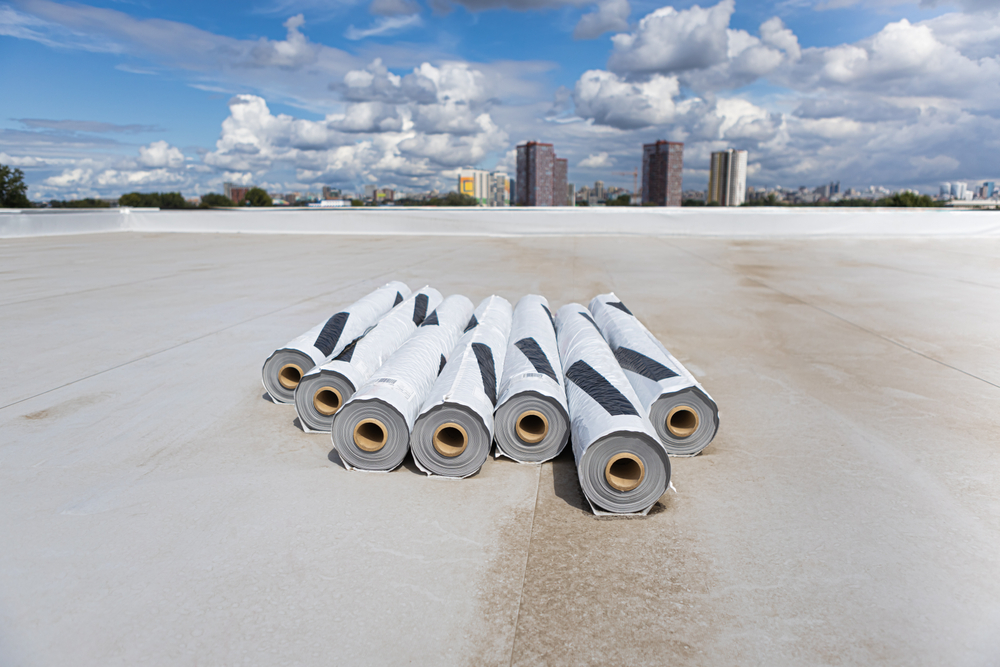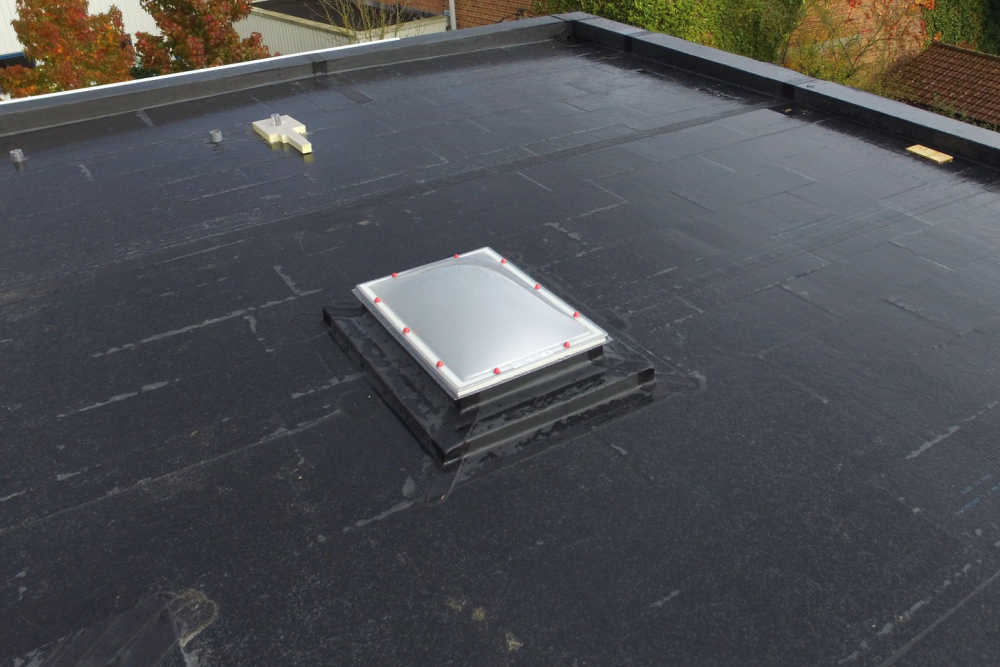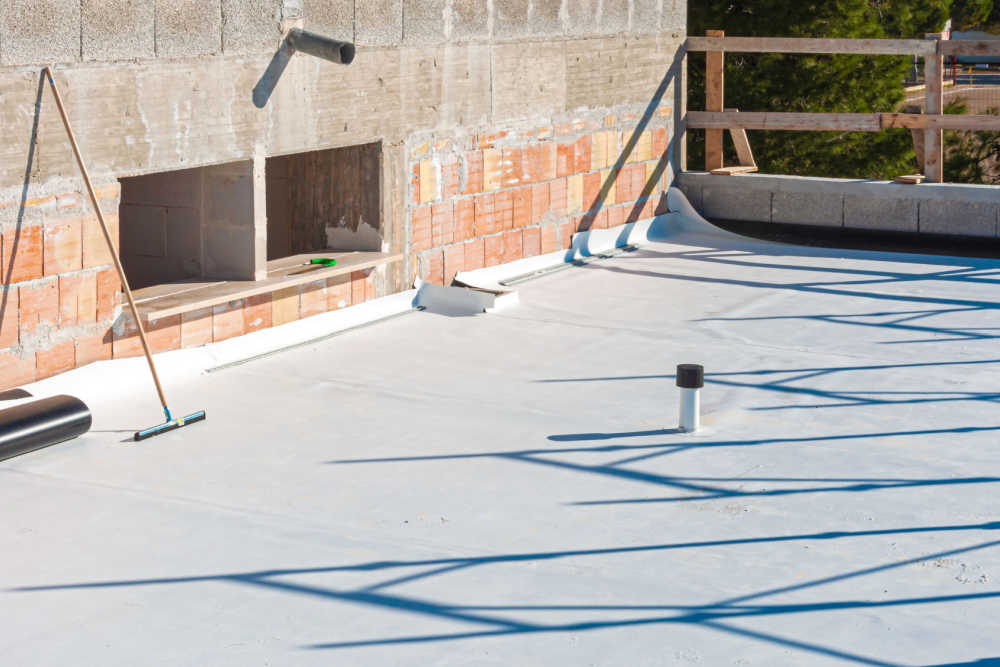Commercial Roofing Materials
Why Choose Commercial Roofing Materials For Your Business
As a roofing company, we understand that choosing the right materials for your roof is crucial for both residential and commercial properties. However, there are notable differences between commercial roofing materials and residential roofing materials that should be taken into consideration. Let’s delve into why these distinctions exist:
Structural Considerations:
Commercial buildings typically have larger roofs with a flatter or low-slope design, while residential roofs are typically steeper. This distinction affects the choice of materials. Commercial roofing materials are designed to withstand the additional weight of heavy HVAC systems, drainage systems, and other equipment that are commonly found on commercial roofs. They are engineered to provide durability and structural integrity over larger areas.
Roofing Systems:
Commercial roofs often require more complex roofing systems due to their size and specific needs. These systems may include built-up roofing (BUR), modified bitumen, single-ply membranes (such as EPDM, PVC, or TPO), or metal roofing. These materials offer enhanced strength, longevity, and resistance to extreme weather conditions, making them ideal for commercial applications. Residential roofs, on the other hand, commonly use asphalt shingles, wood shakes, slate, or clay tiles, which are better suited for smaller-scale structures.
Cost Considerations:
Commercial roofing projects tend to involve larger areas and more intricate installations compared to residential projects. Consequently, commercial roofing materials can be more expensive than residential ones. However, commercial materials often provide superior performance and longer lifespans, thus offering better value for money over the long term. Residential roofing materials, while generally less costly, still provide excellent protection and aesthetic appeal for homes.
Energy Efficiency:
Commercial buildings are often subject to stringent energy efficiency regulations and sustainability goals. Therefore, commercial roofing materials are frequently designed to optimize energy performance and reduce heat absorption. Reflective coatings and cool roofing systems are commonly used to minimize heat transfer and lower energy consumption. Residential roofing materials also offer energy-efficient options, such as reflective asphalt shingles or metal roofing with heat-reflective coatings, but the emphasis may not be as high as in commercial applications.
Aesthetics and Curb Appeal:
Residential roofs often prioritize aesthetics and curb appeal, as they significantly contribute to the overall look of a home. Homeowners have a wide range of materials, styles, and colors to choose from, allowing for more customization options. Commercial buildings, however, tend to focus on functionality and durability, with aesthetics playing a secondary role. Commercial roofing materials are designed to be practical, low-maintenance, and blend well with the building’s overall design.
PVC Commercial Roofing Material
Commercial Rubber Roofing
Commercial TPO
Our Services
Residential Roofing
Certified residential roofing and construction:
Commercial Roofing
Certified commercial roofing services:
MAIN Office
9485 Lebanon Rd
Mt Juliet, TN 37122





